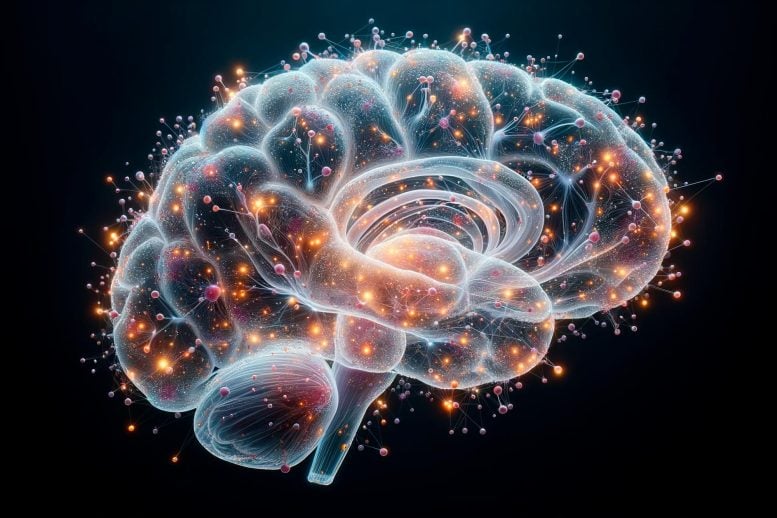
Researchers created an annotated library of gene readouts from 1.3 million brain cortex cells, focusing on individuals with and without Alzheimer’s disease.
This comprehensive atlas, intended to enhance molecular understanding of cognitive resilience and vulnerability, reveals potential strategies for inducing cognitive resilience artificially.
Less than a decade ago, when Dr. Hansruedi Mathys launched an ambitious project to create an annotated library of all the gene readouts stored within 100 individual brain cells, the task felt daunting.
Now, with technological advances, Mathys successfully mapped out such ‘transcriptomes’ from not just 100, but from 1.3 million brain cortex cells from 48 individuals with and without Alzheimer’s disease.

Mathys, who pioneered single-cell transcriptomic analysis on post-mortem human brain tissue during his postdoctoral training and is now an assistant professor of neurobiology at the University of Pittsburgh School of Medicine, says that the resulting atlas of the aging human brain holds molecular insights into the brain’s vulnerability and resilience.
Exploring Cognitive Resilience in Alzheimer’s Research
“I am extremely interested in understanding the phenomenon of cognitive resilience where, despite the characteristic signs of Alzheimer’s tissue pathology, individuals display no cognitive impairment,” Dr. Mathys said. “Our recent findings have made me more hopeful than ever that it might be possible to artificially induce such resilience in people who otherwise are susceptible to memory loss.”
In the study, published on July 24 in Nature, Mathys and his colleagues at the Massachusetts Institute of Technology analyzed transcriptomes of cells across six distinct brain regions that are often affected by Alzheimer’s pathology. The resulting atlas, which is now available online to researchers worldwide, could be used as a tool for gene and molecular discovery across pathways affecting brain health.
Insights Into Cognitive Decline and Cellular Functions
By tracking how transcriptomic changes are linked to cognitive decline and Alzheimer’s pathology, Mathys and his colleagues discovered that astrocytes – one of the cell types that make up the brain tissue scaffold alongside maintaining a host of other crucial functions – could be holding a key to cognitive resilience. Mathys’ ongoing research, which resulted from the transcriptome mapping, aims to explore the functional significance of altering astrocyte metabolic pathways to affect cognitive function.
“There is still a lot to learn about Alzheimer’s disease and the human brain,” said Mathys. “This project is just the beginning.”
Reference: “Single-cell multiregion dissection of Alzheimer’s disease” by Hansruedi Mathys, Carles A. Boix, Leyla Anne Akay, Ziting Xia, Jose Davila-Velderrain, Ayesha P. Ng, Xueqiao Jiang, Ghada Abdelhady, Kyriaki Galani, Julio Mantero, Neil Band, Benjamin T. James, Sudhagar Babu, Fabiola Galiana-Melendez, Kate Louderback, Dmitry Prokopenko, Rudolph E. Tanzi, David A. Bennett, Li-Huei Tsai and Manolis Kellis, 24 July 2024, Nature.
DOI: 10.1038/s41586-024-07606-7